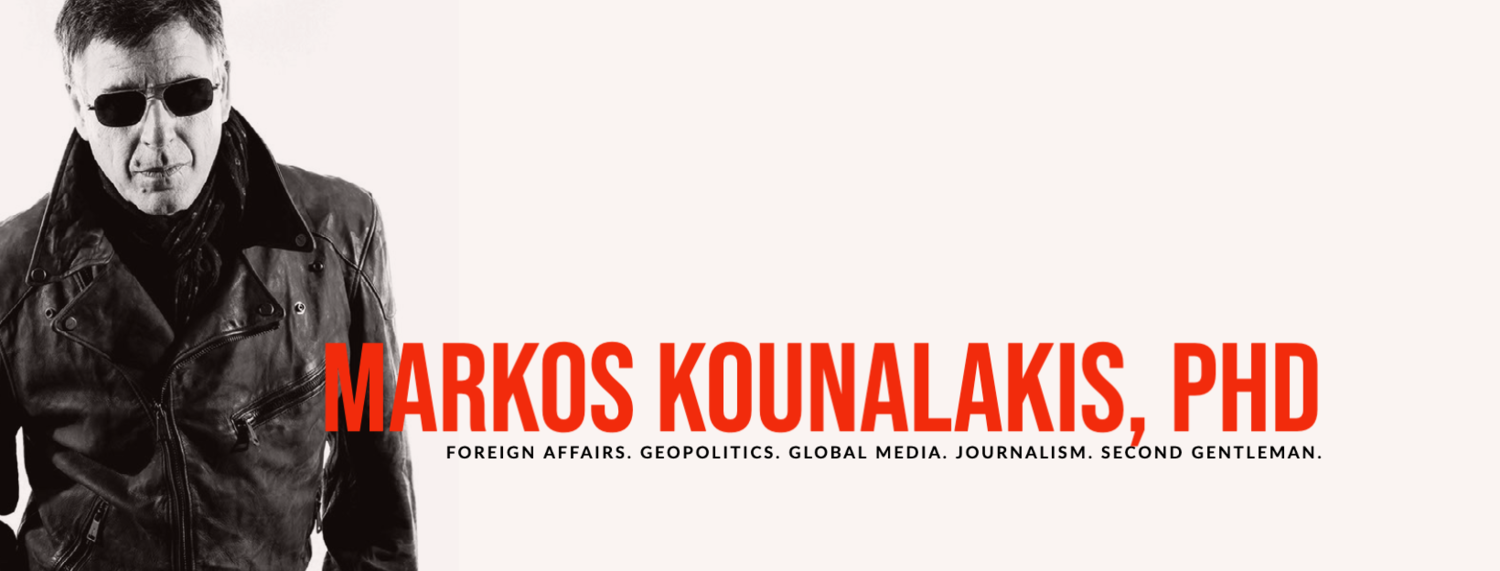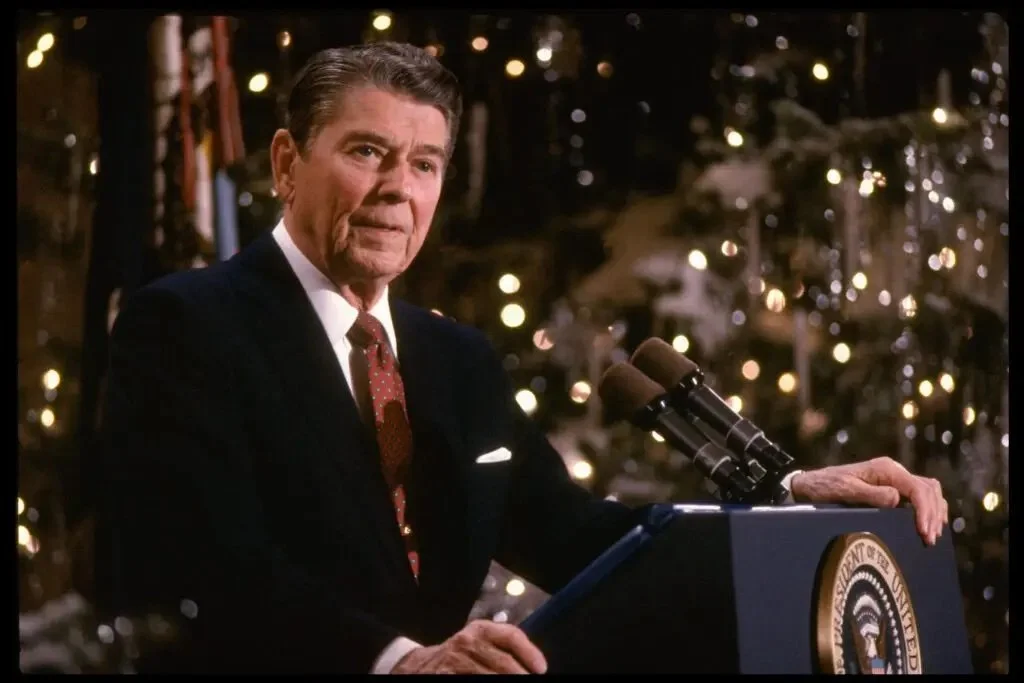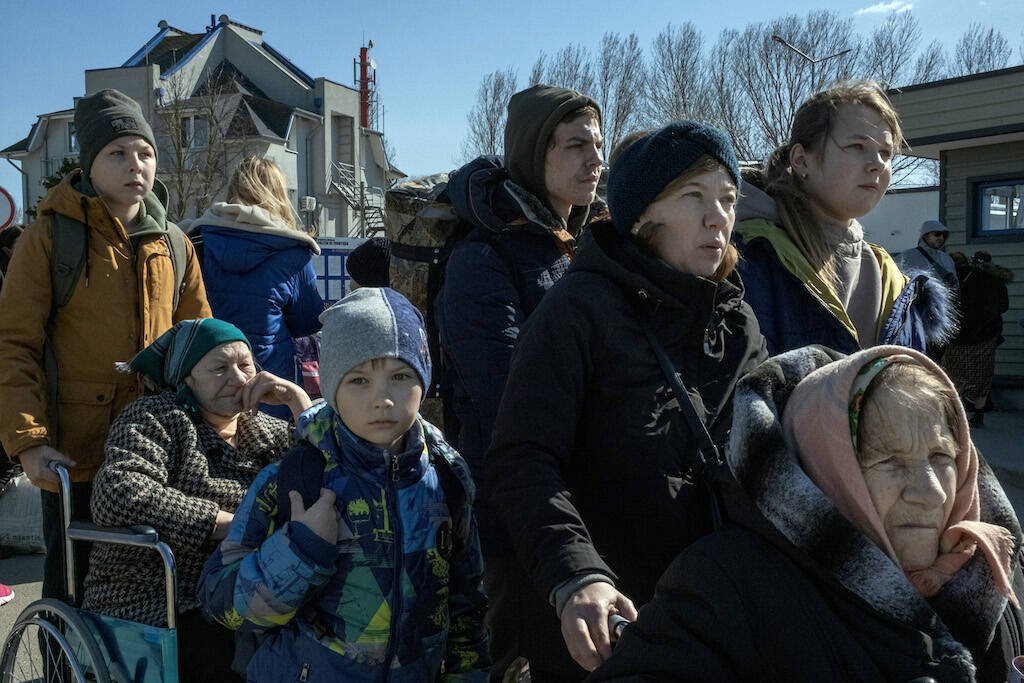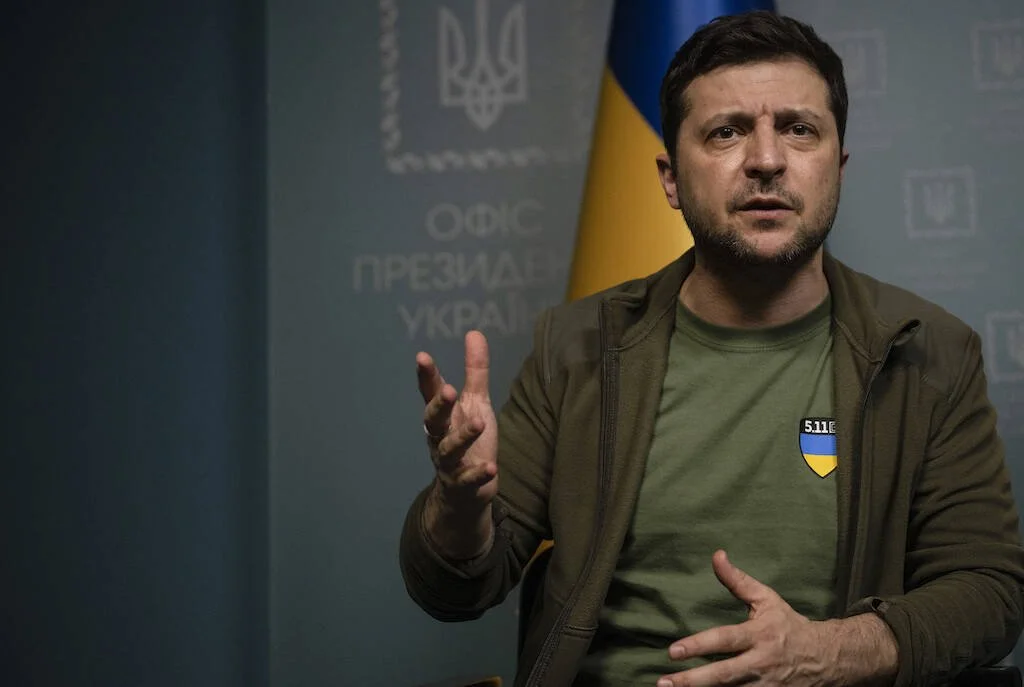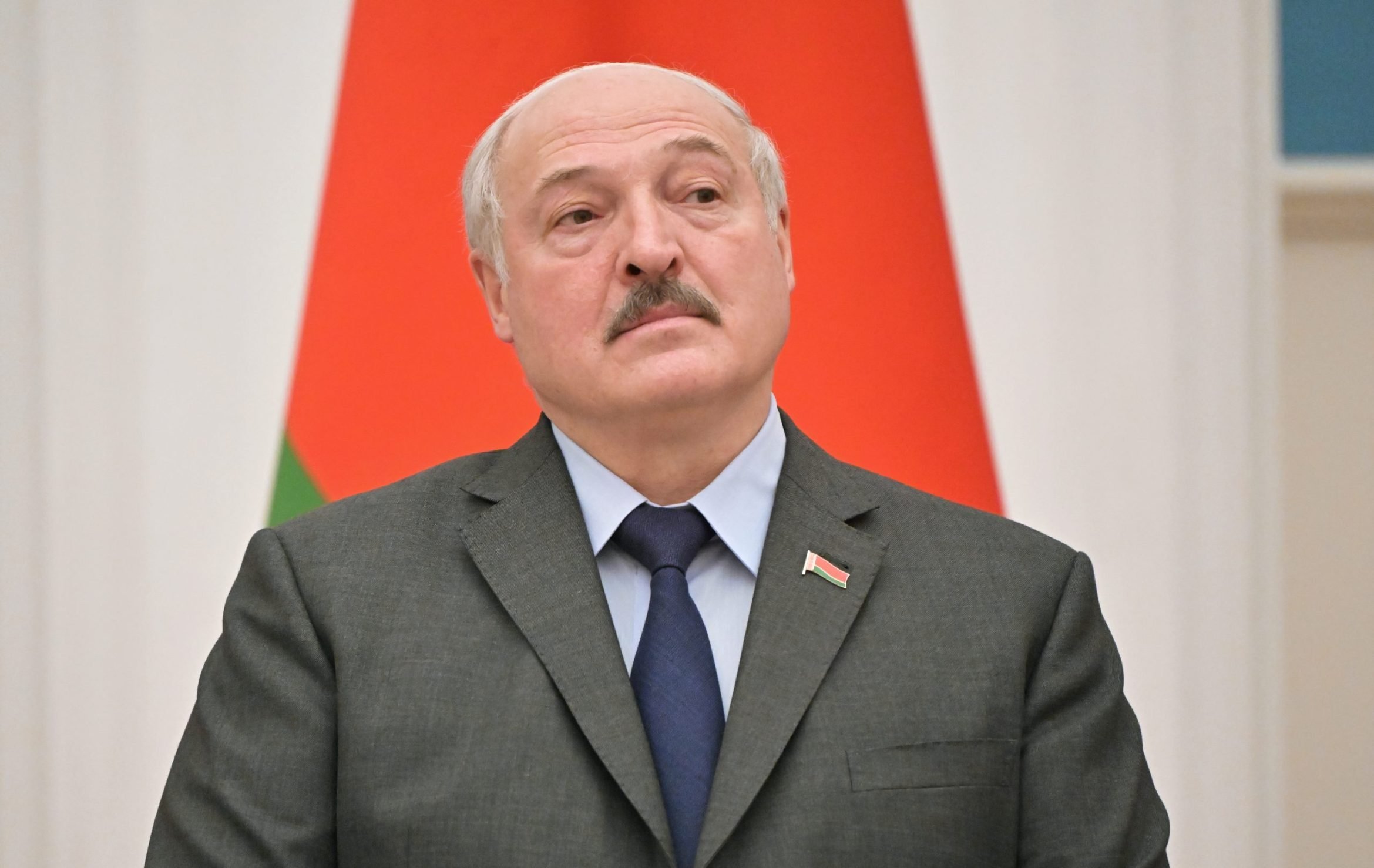Ronald Reagan’s 11th Commandment and the Trump Era’s Republicans
Ronald Reagan was a complex character, worthy of deeper research, not offhanded calumny. His complexity was so great that even his widely acclaimed biographer, Edmund Morris, chose to depict him with a historical-novel approach incorporating fictional elements. It’s sometimes hard to discern what is real and what is Reagan.
History has judged that Reagan — the man, not the myth — saved Social Security and helped to end the Cold War. He was the right man at the right time to prepare the United States geopolitically for its peace dividend and unipolar moment. In 2004, Ronald Reagan rode into the sunset but it was still “morning in America,” thanks to him.
National moods are subject to change. Shifting political tides can bring foul upwellings. The nation is now in a reflective, Afghan-loss, China-challenged, Ukraine war-induced and pandemic-polarized phase. At least one 2024 Republican presidential candidate says Reagan’s morning has turned to darkness. READ MORE
